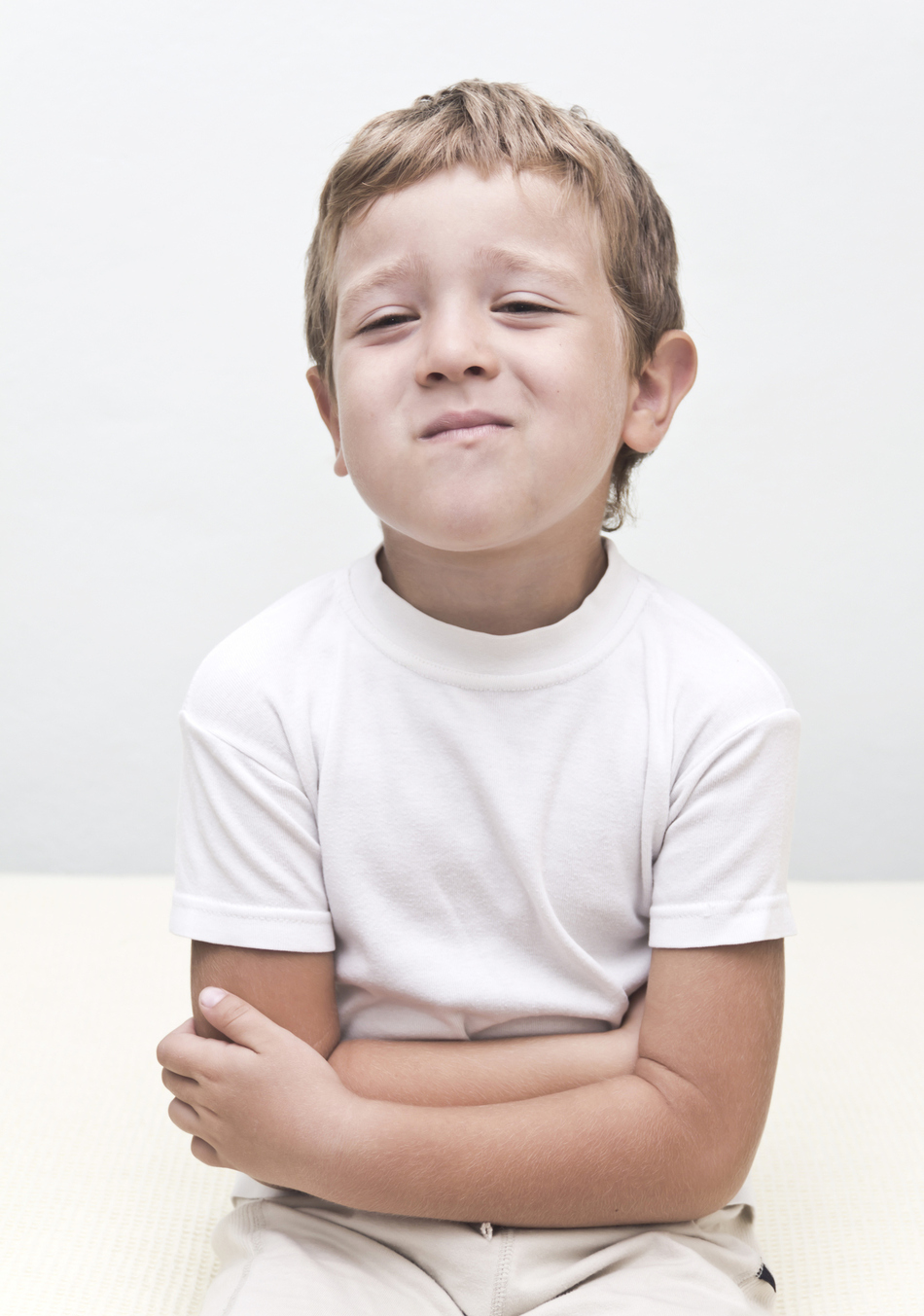
Dr. Gellner: Diarrhea in children can be caused by many things, but some Old Wives' Tales out there about diarrhea are just plain not true. We'll separate diarrhea facts from fiction on today's Scope. I'm Dr. Cindy Gellner.
Announcer: Remember that one thing that one person told you that one time about what you should or shouldn't do when raising your kids? Find out if it's true or not. This is Debunking Old Wives' Tales with Dr. Cindy Gellner on The Scope.
Dr. Gellner: Everyone says that diarrhea is part of the stomach "flu." Imagine me doing air quotes. That's a myth. There are many viruses that cause diarrhea, however, influenza normally affects the upper respiratory system, not the digestive system, thus, the flu vaccine will not protect against diarrhea.
When it comes to medications, yes, this is true. Some medications can cause diarrhea, especially antibiotics. They kill both good and bad bacteria in the entire body. Giving your child probiotics will help replace the good bacteria and decrease the diarrhea.
What about sugar? This one's true, as well. Sugars in soda, sports drinks, and even natural sugars found in fruit can cause diarrhea. We see diarrhea in toddlers a lot because they drink a lot of juice, and actually, the diagnosis for that is "toddler's diarrhea" and it resolves when parents cut out juice. Sugar draws fluid into the intestines, making the stools more watery. Some sugar substitutes, like Sorbitol, and caffeine even, have the same effect.
Parents often say that their child has diarrhea because they're teething. That one's a myth. Your baby can be cranky or irritable, but if they have diarrhea or a fever, that's going to be a virus, not teeth.
What about fiber? Okay, this one's tricky. Soluble fiber, like what is found in beans, peas, oatmeal, peeled fruits, and cooked vegetables, causes water to be absorbed in the intestines and the stool gets harder, but insoluble fiber, found in the skins of raw fruits and vegetables, whole grains, and wheat bran, may speed up stools as they pass through the intestines and cause diarrhea.
If your child has diarrhea, the most important thing is to make sure your child is hydrated. That's the biggest risk for kids, and the younger they are, the bigger the risk. And if your child's diarrhea lasts longer than three weeks or has blood in it, then it's time to visit your pediatrician.
Announcer: Want The Scope delivered straight to your inbox? Enter your email address at thescoperadio.com and click "Sign Me Up" for updates of our latest episodes. The Scope Radio is a production of University of Utah Health Sciences.
More Answers to Your Questions on Keeping Your Kid Healthy and Happy
Latest trends and issues in children's health on the Healthy Kids Zone with Dr. Cindy Gellner

Winning the Bedtime Battle: How to Help Kids Sleep Better
Bedtime battles are common, but a consistent sleep routine can make a world of difference. Pediatrician Cindy Gellner, MD, talks about why sleep schedules matter, how to handle common bedtime struggles, and when to seek medical advice for your child's sleep issues.
How to Handle Screen Related Temper Issues in Children
Is your child's screen time causing more tantrums? Pediatrician Cindy Gellner, MD, reveals how excessive digital exposure can lead to emotional challenges in kids.





